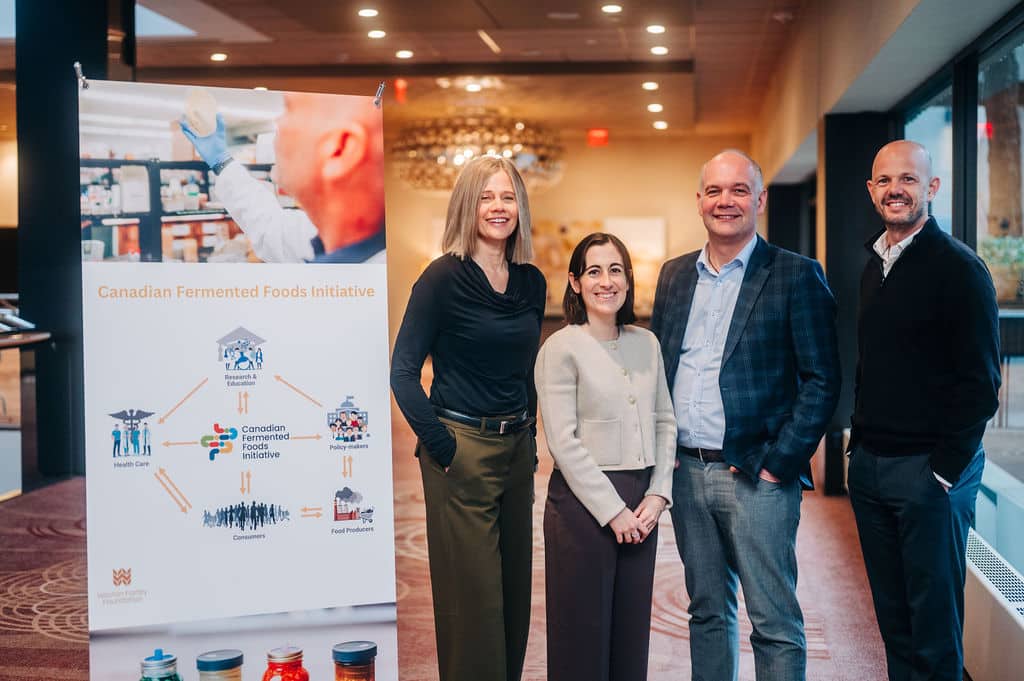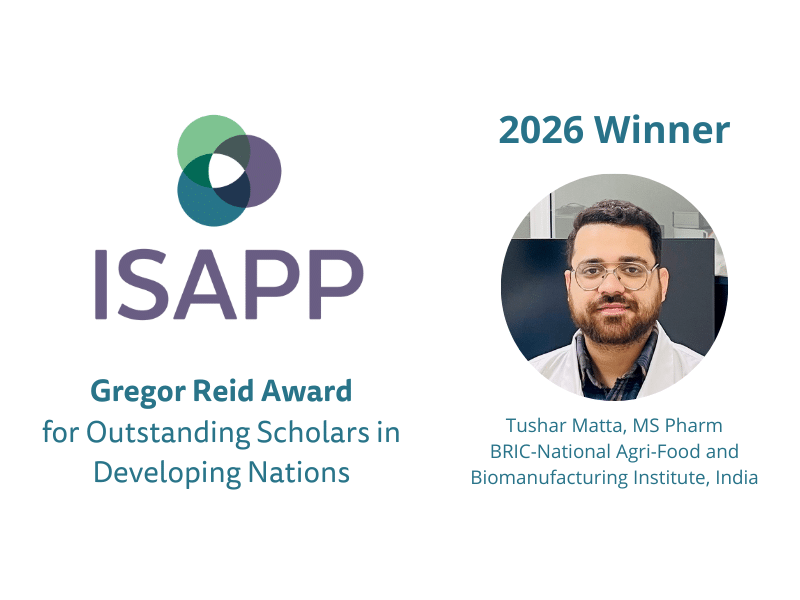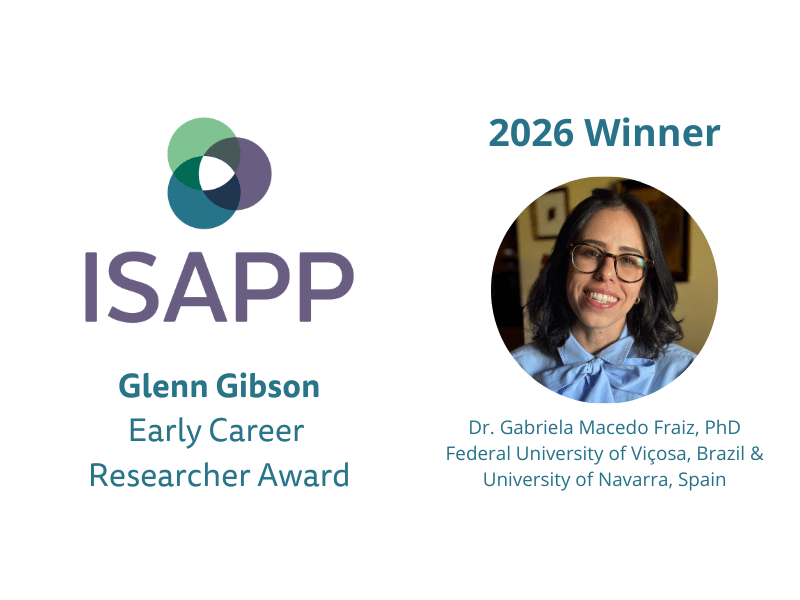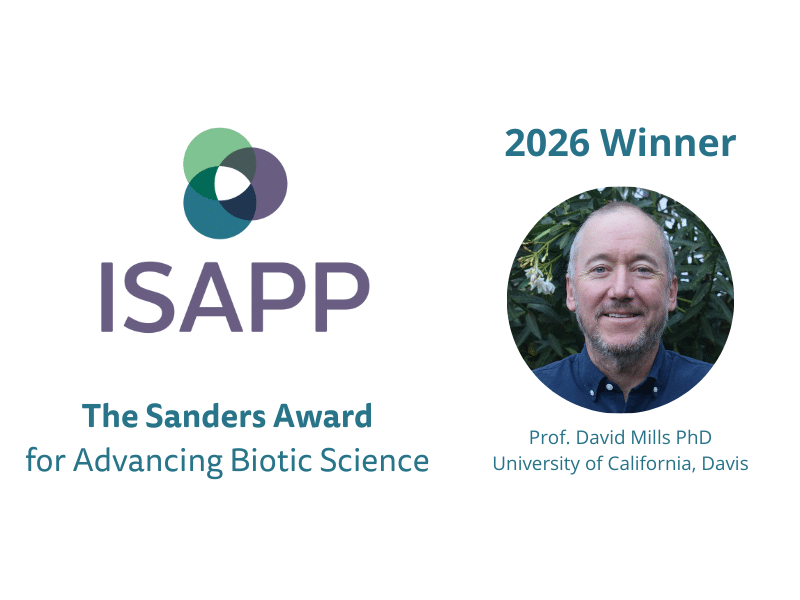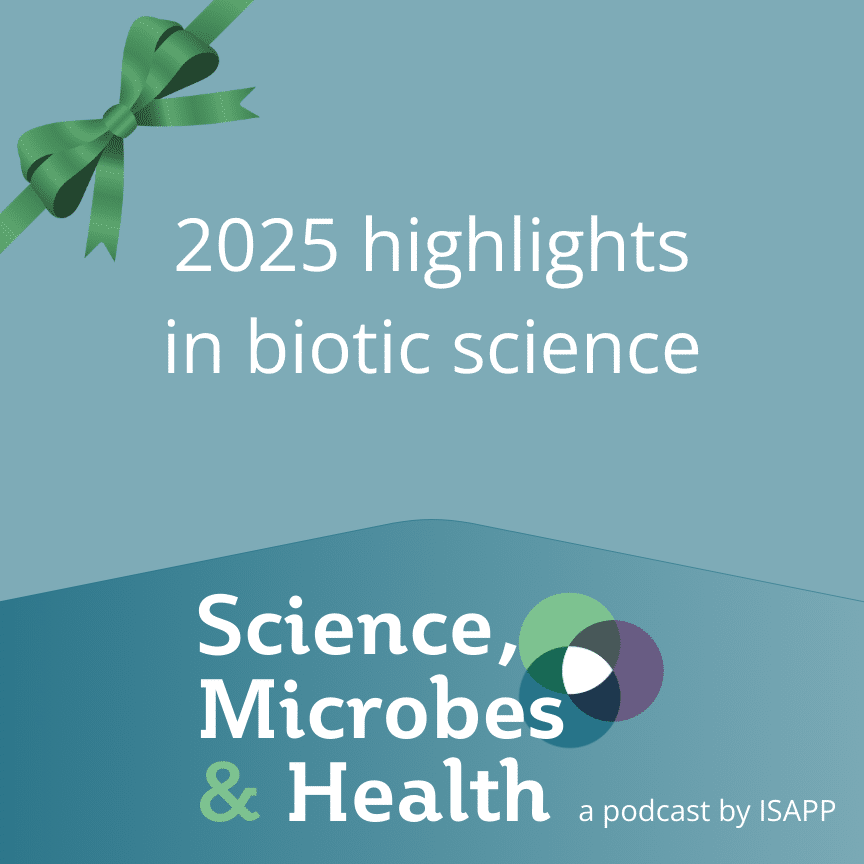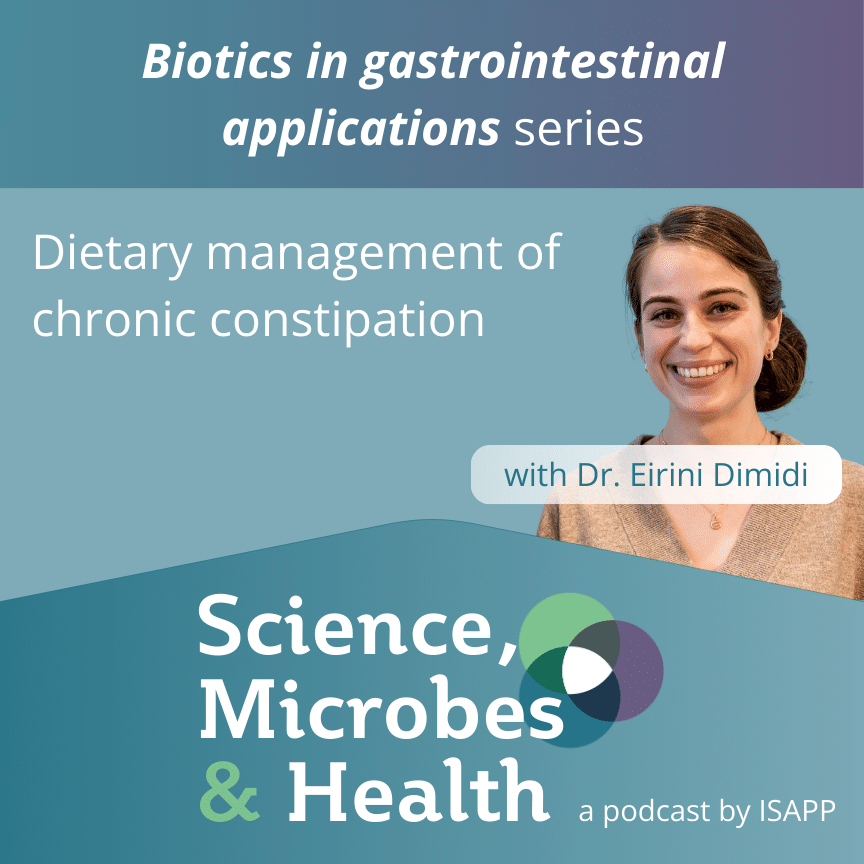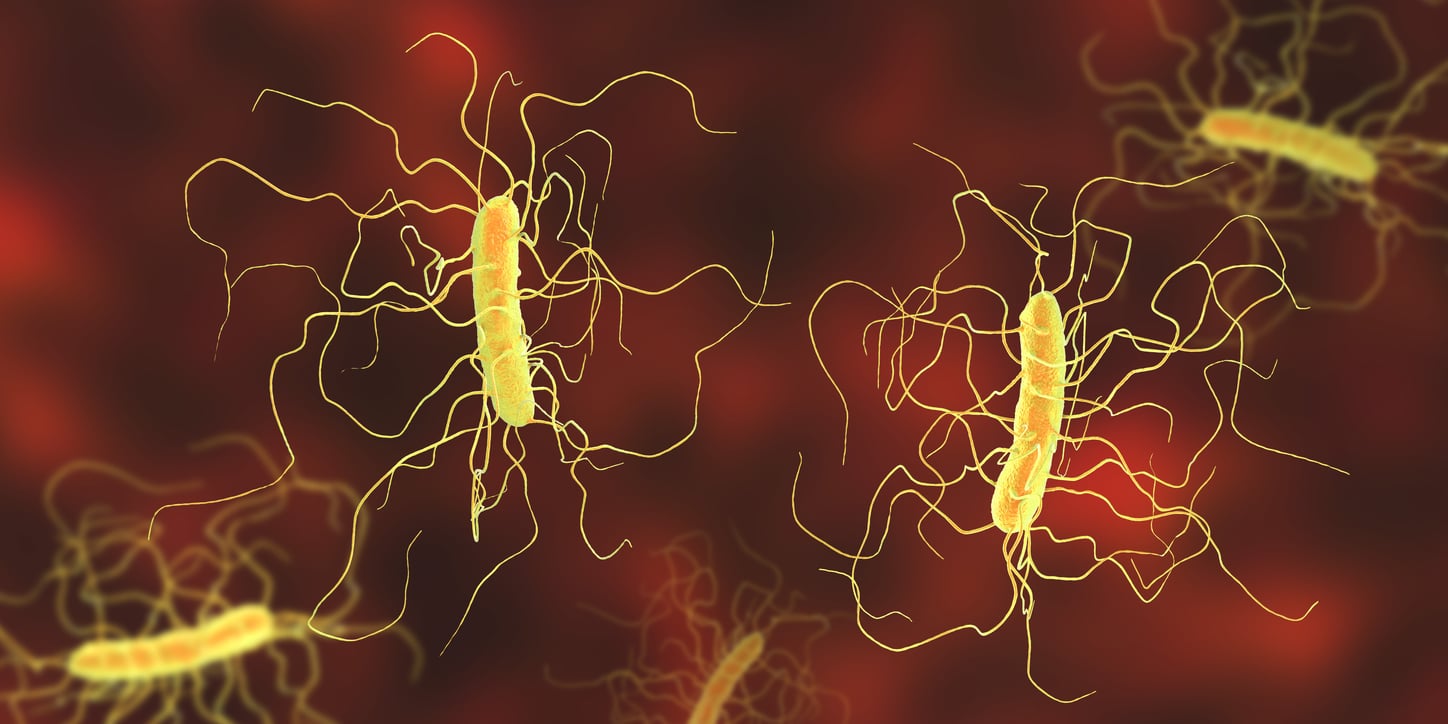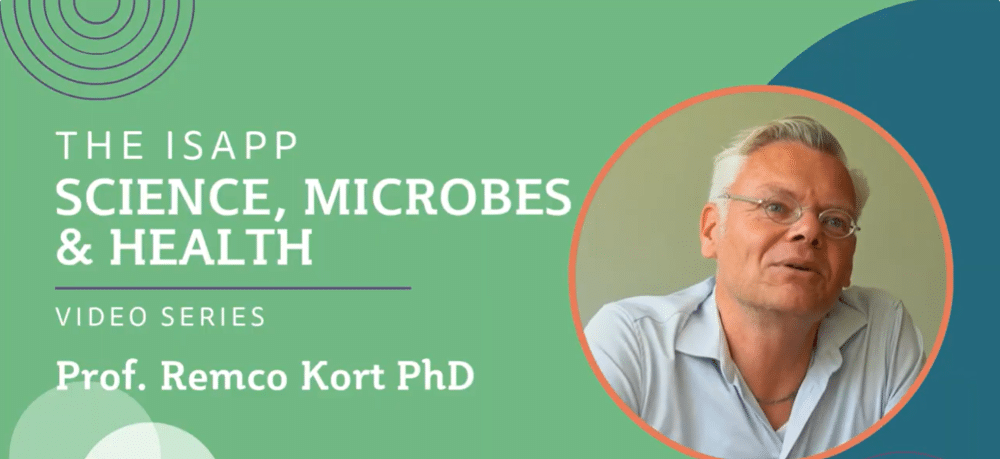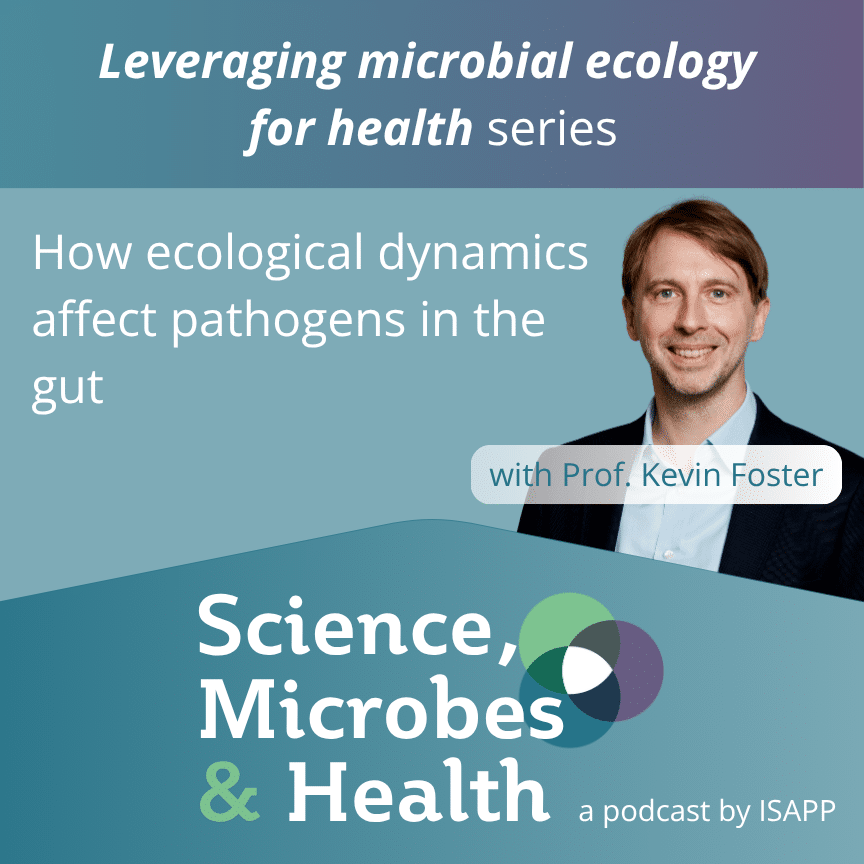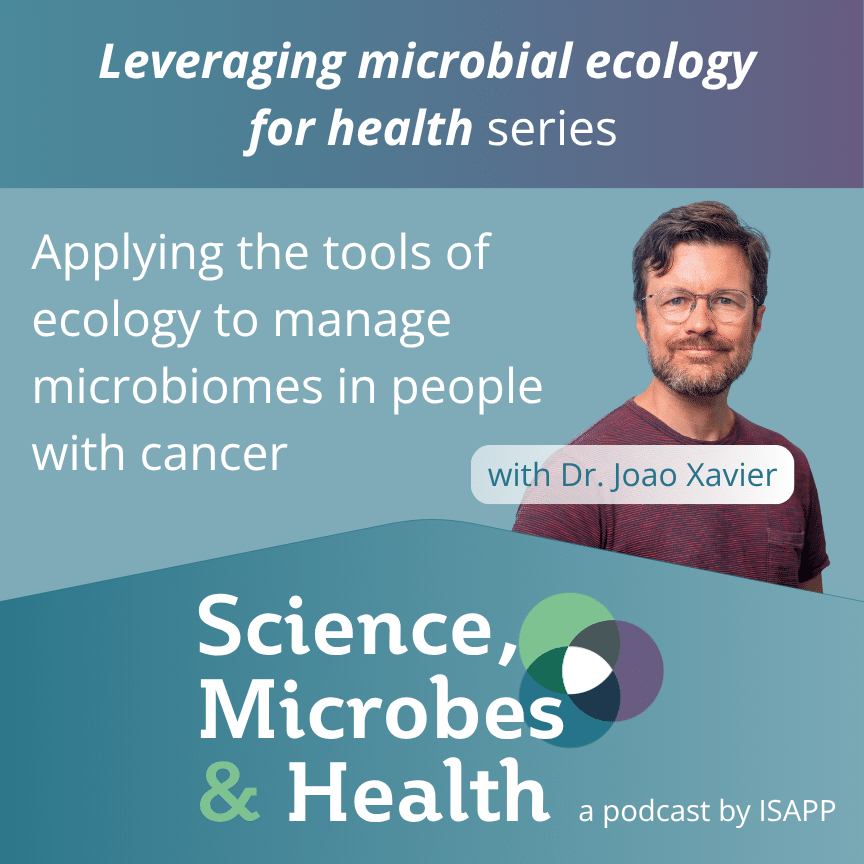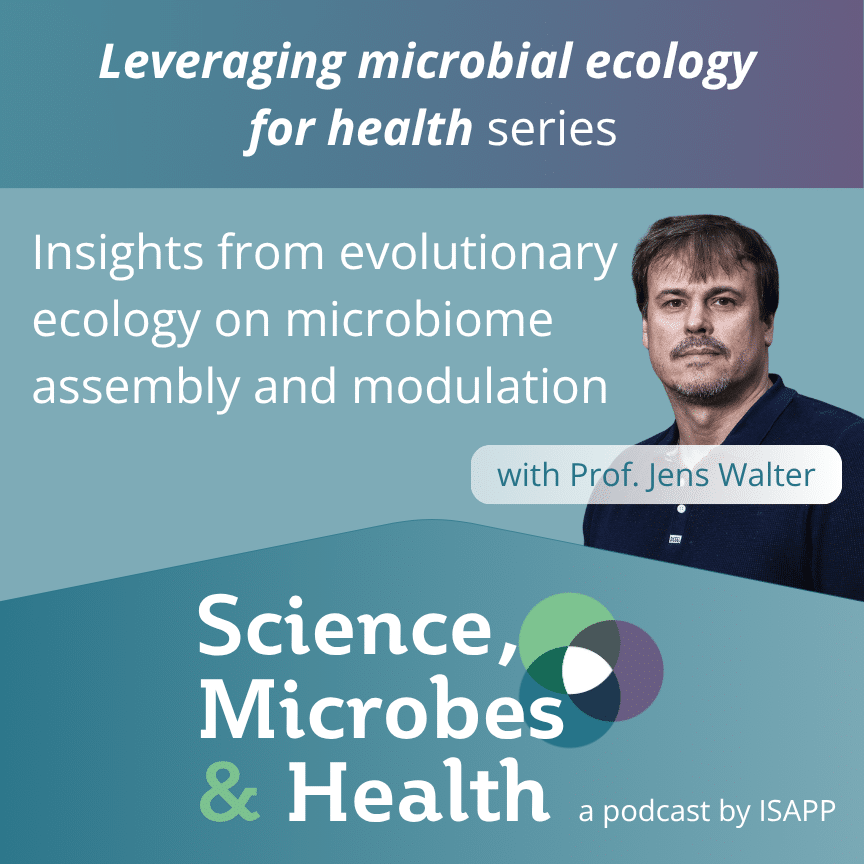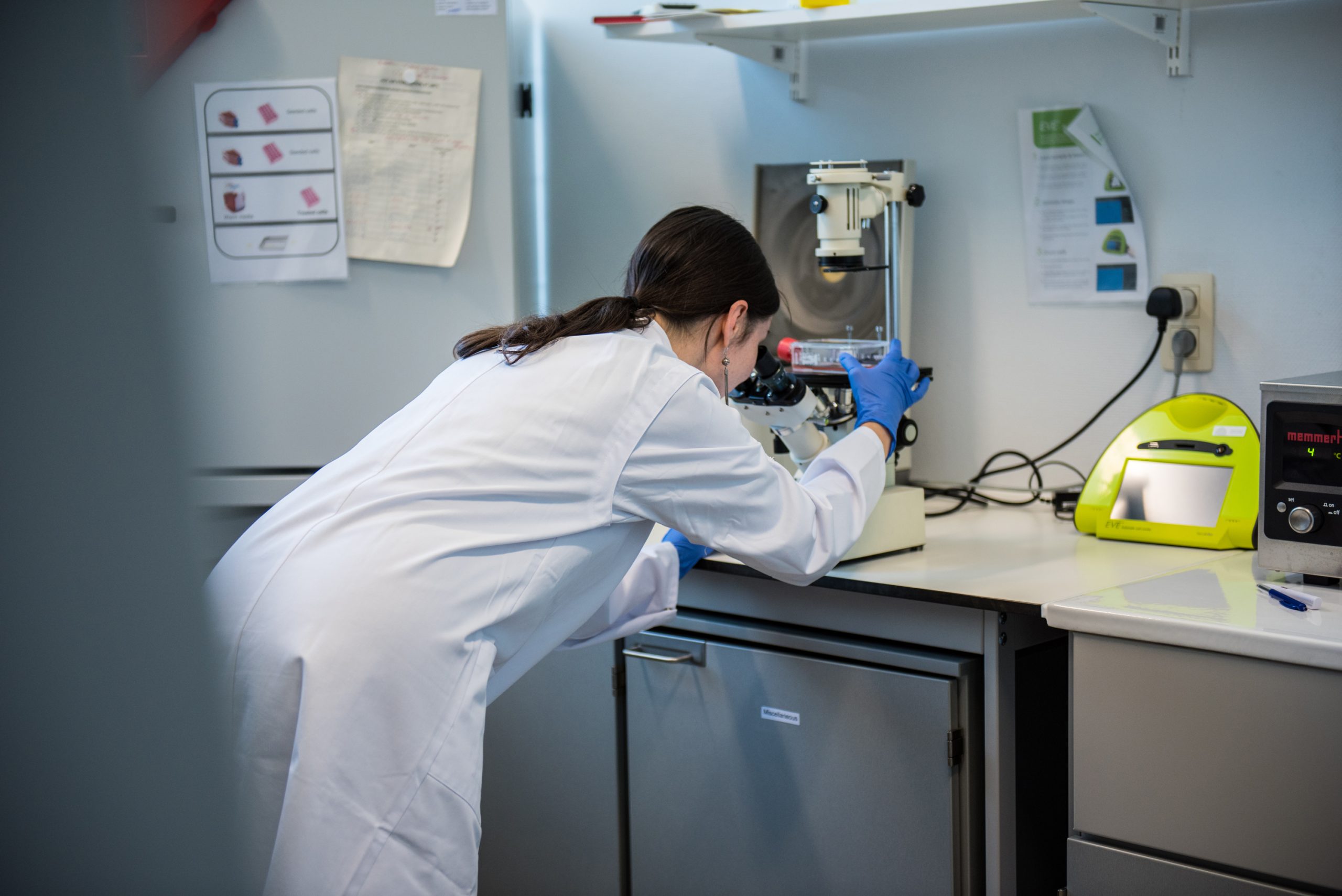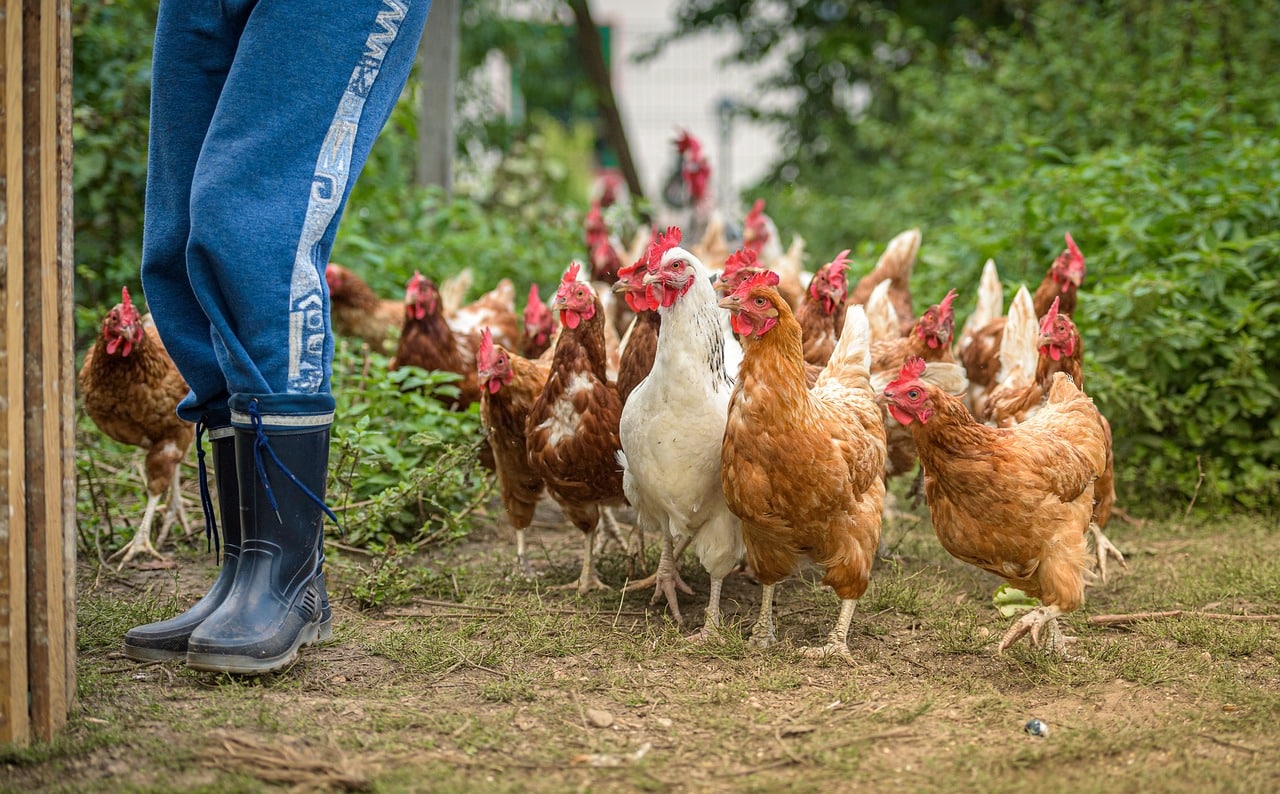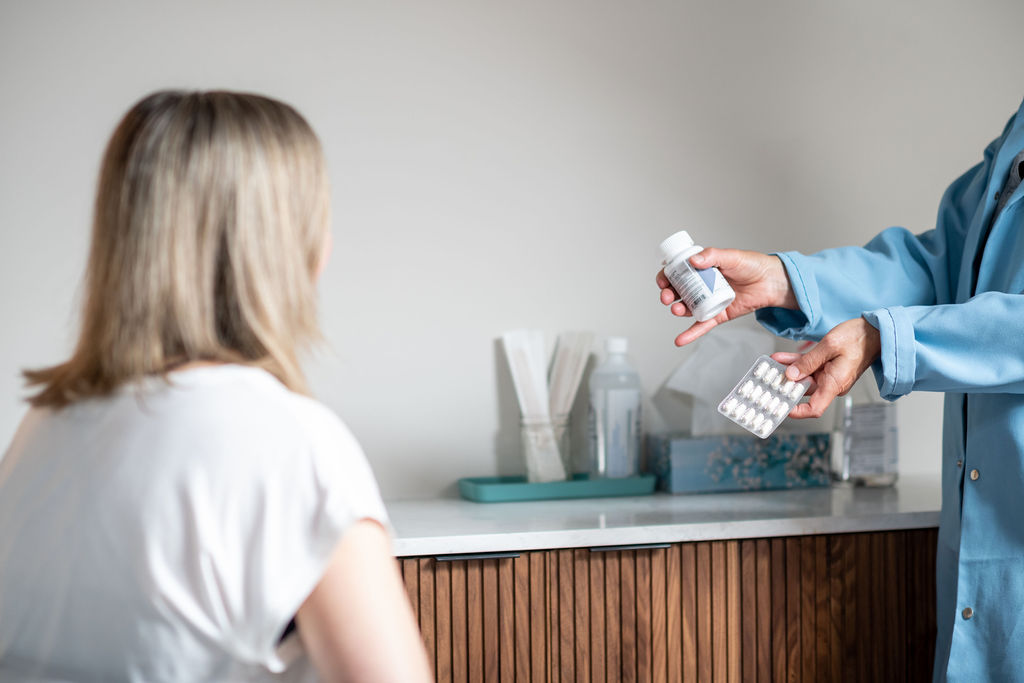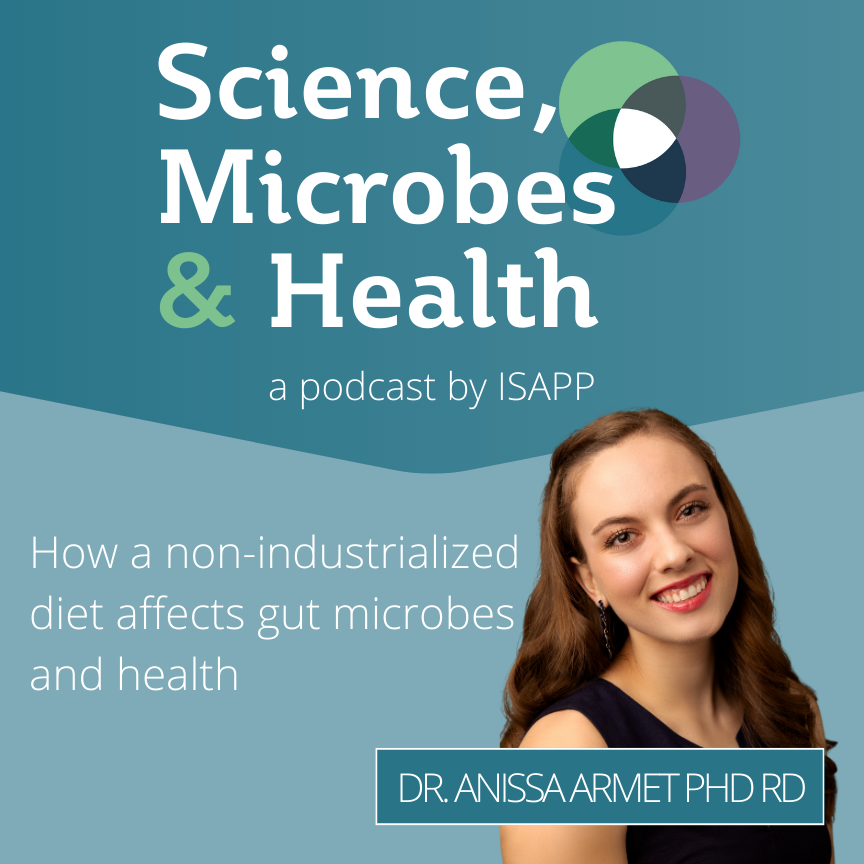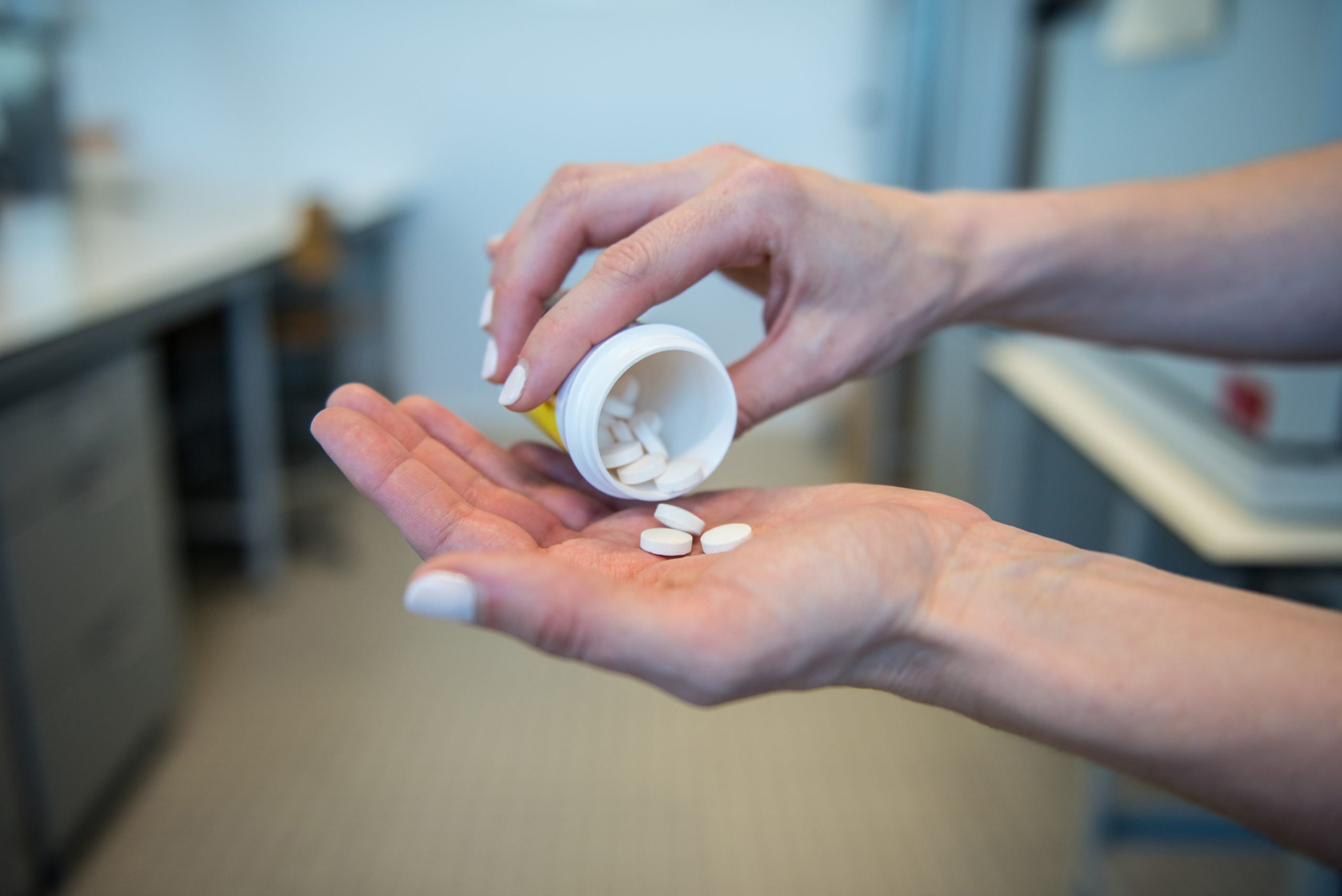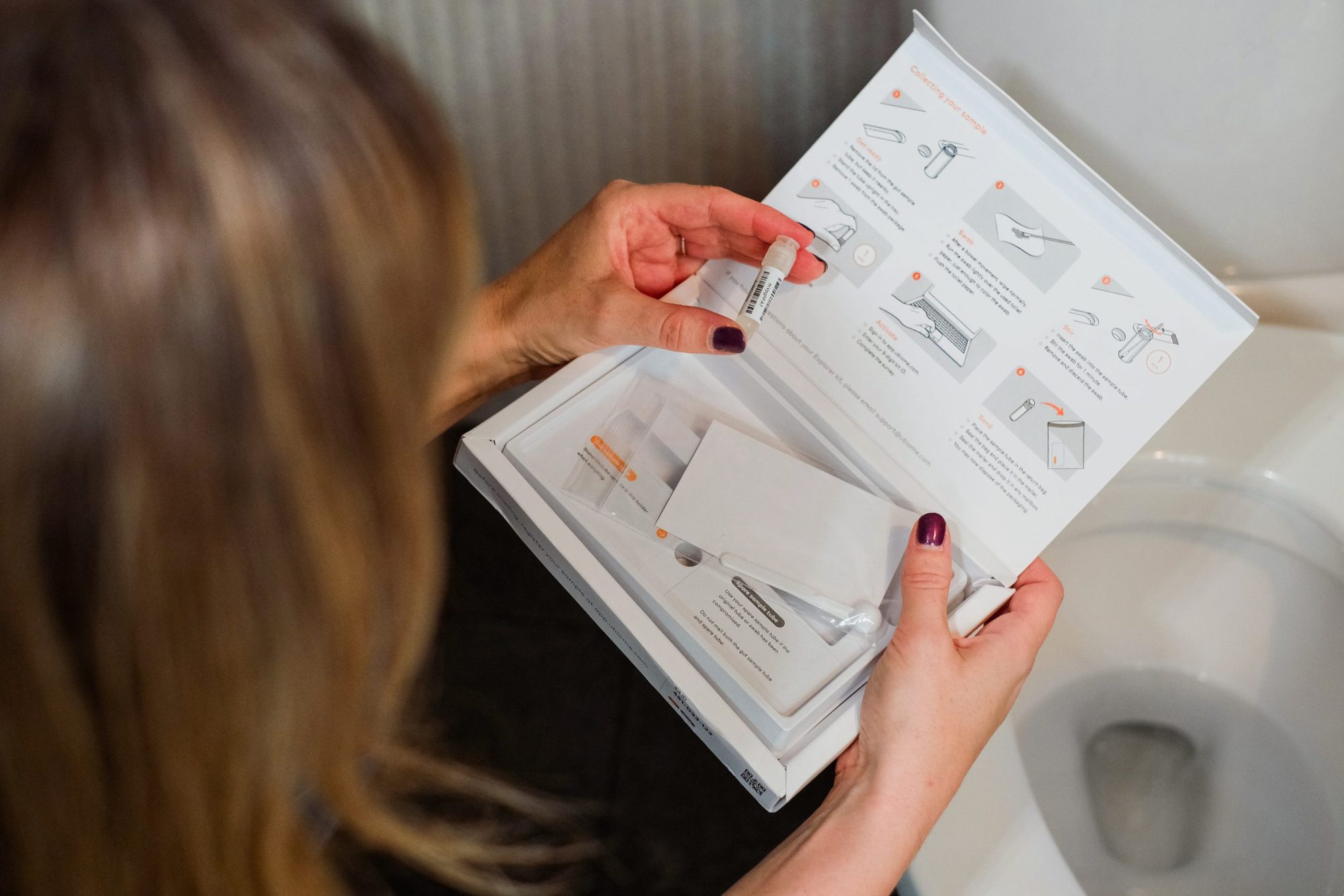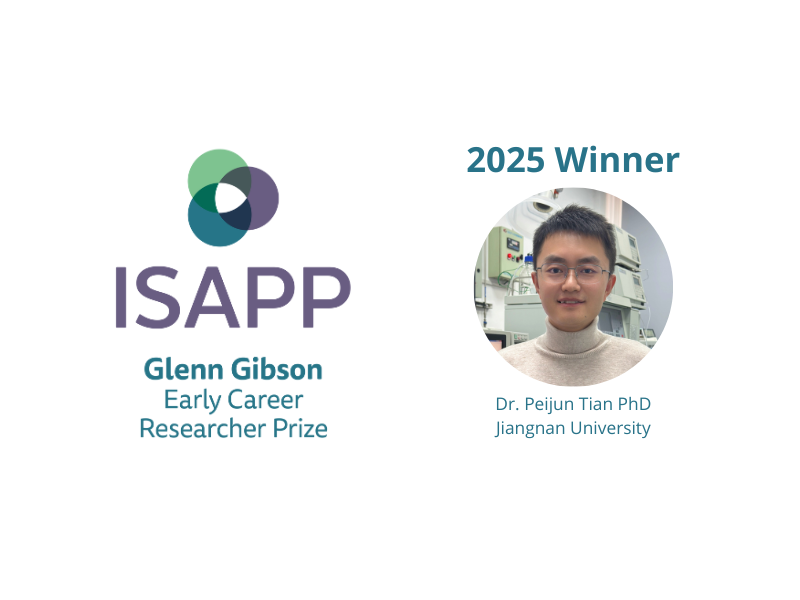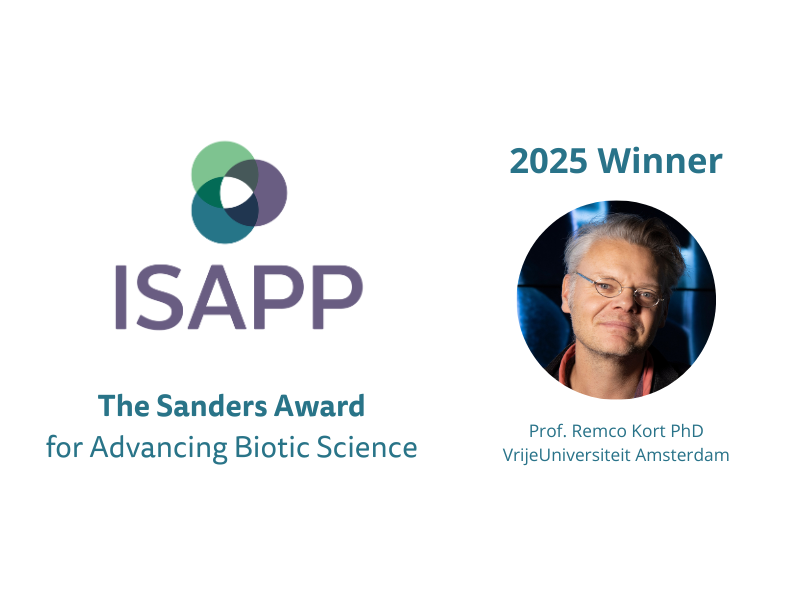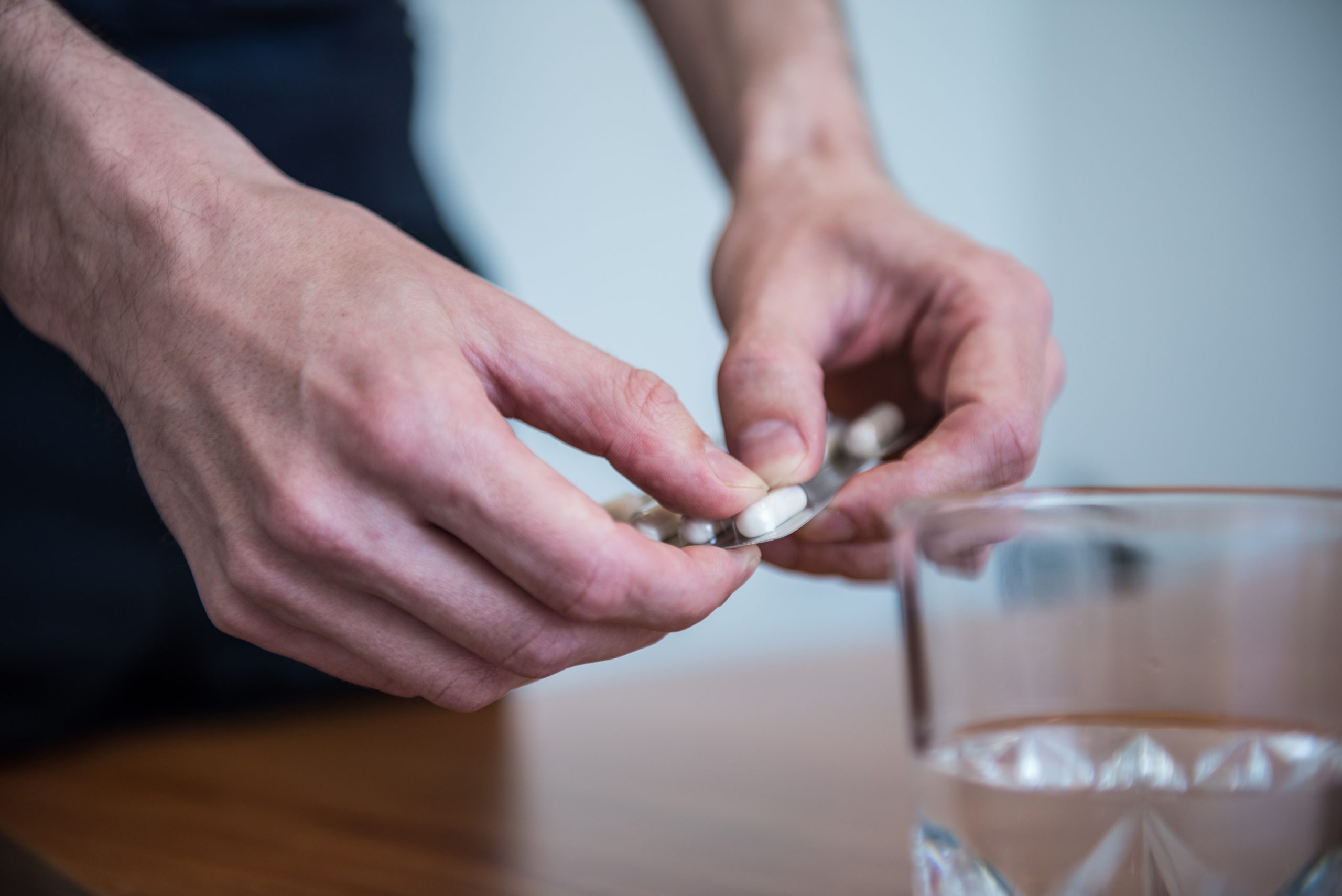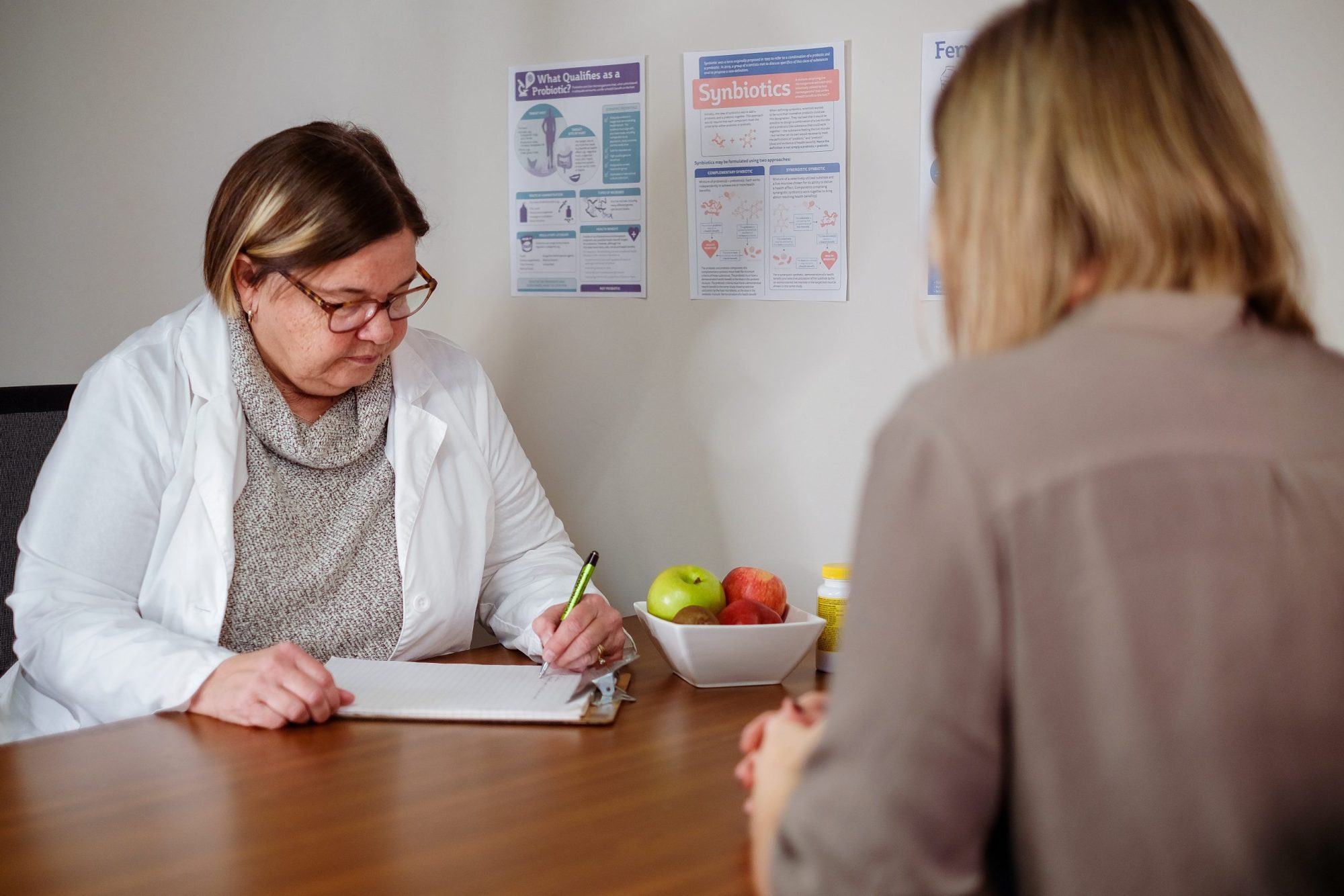ISAPP is your source for science-based resources, created and reviewed by experts in the field.
Looking for information you can trust on probiotics, prebiotics, synbiotics, postbiotics, fermented foods and more? Check out ISAPP’s resources for a wealth of accessible, reliable information specific to the field, and search according to the format or topic you need.
1-32 of 612 results
-
How do you know whether your gut microbiome is in good shape?
Scientists know gut microorganisms were interconnected with gut health and overall health in multiple ways. But how do you know if you have a healthy microbiome? Today, we not only know which microbes are there, but we’ve also learned a lot about what they do, and how they influence our digestion, immunity and even mental health. -
Canada’s Fermented Foods Initiative Hosts Inaugural Workshop: A Cross-Sector Conversation Begins
Toronto hosted the inaugural workshop of the Canadian Fermented Foods Initiative (CFFI), a new effort designed to support and advance research, education and innovation on fermented foods in Canada. -
2026 Gregor Reid Award for Outstanding Scholars in Developing Nations Goes to Gut-Brain Researcher Tushar Matta, MS Pharm
The selection committee for the Gregor Reid Award for Outstanding Scholars in Developing Nations has announced this year’s winner: Tushar Matta, MS Pharm. -
The 2026 Glenn Gibson Early Career Researcher Award Recipient is Fermented Foods Researcher Dr. Gabriela Fraiz, PhD
The award committee for the 2026 Glenn Gibson Early Career Researcher Award is pleased to announce this year’s winner: Dr. Gabriela Fraiz, PhD, a nutritional science researcher. -
2026 Sanders Award for Advancing Biotic Science Given to Prof. David Mills of UC Davis
The ISAPP board of directors is pleased to announce the selection of the winner of the 2026 Sanders Award for Advancing Biotic Science: Prof. David Mills PhD, a Distinguished Professor and researcher at University of California, Davis, USA. -
2025 highlights in biotic science
This special year-end episode, which covers 2025’s highlights in biotic science, features three of the academic scientists who serve on the ISAPP board of directors: Prof. Maria Marco PhD from University of California, Davis (USA), Prof. Sarah Lebeer PhD from University of Antwerp (Belgium), and Dr. Gabriel Vinderola PhD from National University of Litoral (Argentina)…. -
What happens when you eat fiber, and why you should eat more
In recent years much research has been done determining that the products of a healthy gut microbiota also have health benefits way beyond the gut. -
Modeling the nutrient niche to boost biotic consistency and efficacy
Two recent studies used advanced computational approaches to conclude that nutrients are among the most important determinants of an intestinal microbial community’s response to challenges. -
Trials on probiotics and prebiotics in infant formula, with Prof. Yvan Vandenplas MD PhD
This episode features Prof. Yvan Vandenplas MD PhD from the University Hospital Brussels and Vrije Universiteit Brussel (Belgium), speaking about the science on probiotics and prebiotics in infant formula. Over the past 20 years in this field, awareness of the importance of the gastrointestinal microbiota has grown, and biotics have been employed to try to… -
Dietary management of chronic constipation, with Dr. Eirini Dimidi PhD RD
This episode features Dr. Eirini Dimidi PhD RD from King’s College London (UK), speaking about the recently published British Dietetic Association’s guidelines for dietary management of chronic constipation. Constipation can be a major concern for patients, but evidence around some of the most common dietary recommendations for addressing it has remained unclear. After a thorough… -
Emerging clinical insights into C. difficile infection from gut microbiota research
In recent years the clinical status and spectrum of C. difficile infection have shifted. The prevalence of this infection has risen sharply. Along with changes that have occurred in the clinical patterns of this disorder, research on the gut microbiome has provided insights into the important factors that contribute to the infection. -
Science, Microbes & Health Video Series: Prof. Remco Kort PhD
In this Science, Microbes & Health video, get to know Prof. Remco Kort PhD, the winner of the 2025 Sanders Award for Advancing Biotic Science. Prof. Kort describes his scientific outreach work on the Micropia Museum and Yoba for Life. -
How ecological dynamics affect pathogens in the gut, with Prof. Kevin Foster PhD
This episode features Prof. Kevin Foster PhD from University of Oxford (UK), speaking about his lab’s ecological approach to the gut microbiome and efforts to understand and predict dynamics of different species in the microbiome. They also focus on how these ecological dynamics map onto health outcomes, and how they inform interventions. In a 2023… -
Applying the tools of ecology to manage microbiomes in people with cancer, with Dr. Joao Xavier PhD
This episode features Dr. Joao Xavier PhD, a systems biologist from Memorial Sloan Kettering Cancer Center, speaking about the application of ecological principles and tools to individuals being treated for cancer. His lab combines multi-omics profiling with ecological models to generate insights on how microbes interact with each other, for application to clinical risk prediction… -
Insights from evolutionary ecology on microbiome assembly and modulation, with Prof. Jens Walter PhD
This episode features Prof. Jens Walter PhD, a microbial ecologist from University College Cork / APC Microbiome Ireland, explaining how he applies ecological and evolutionary frameworks for the purposes of understanding and modulating microbiomes. Although there appears to be a high amount of stochasticity (or randomness) in microbiomes, stochastic and deterministic elements work together to… -
Insights into healthy aging: A story as told by gut microbiome (and other) metabolites
Metabolites, including those derived from the gut microbiome, offer a window into the complex biology of aging. They reflect not just how we live, but how well our bodies are adapting to the passage of time. -
ISAPP welcomes two new scientists to its board of directors
The ISAPP board of directors is pleased to welcome two prominent scientists and frequent ISAPP collaborators to its ranks: Prof…. -
Microbiome endpoints in clinical trials for biotics – where do we stand and what have we learnt?
I’m sure you’ve read the results of trials similar to these (fictional) conclusions: ‘Our findings showed an increase in Faecalibacterium and Enterococcus, two… -
Five points to know about biotics for animals, from an ISAPP-led paper
A group of animal health experts, comprising academic and industry member scientists convening at the 2023 ISAPP annual meeting, reviewed the evidence on biotics for animals, outlining what’s known to date and the likely future directions in this scientific field. -
ISAPP Board Scientist Honored by American Society for Nutrition as Inaugural Fellow
Prof. Kelly Swanson PhD from the University of Illinois Urbana-Champaign, a nutrition scientist from the ISAPP board of directors, has… -
Exploring resources to inform probiotic recommendations: New UK Probiotic Guide Released
Well-informed healthcare professionals know the importance of recommending evidence-based probiotic products to their patients to achieve specific health benefits. But… -
How a non-industrialized diet affects gut microbes and health, with Dr. Anissa Armet PhD RD
This episode features Dr. Anissa Armet PhD RD from the University of Alberta in Canada, speaking about the impact of… -
New paper summarizes current findings from global research on the vaginal microbiota
Knowledge about the vaginal microbiota is important for women’s health worldwide, but the majority of the research to date has… -
How to respond to the question “Should I take a probiotic?”
With contributions from Prof. Daniel Merenstein MD A Washington Post article published March 11, 2025 by a gastroenterologist addressed a… -
ISAPP’s President Elected to the American Academy of Microbiology
The President of the ISAPP Board of Directors, Prof. Maria Marco PhD, was among the elite group of scientists elected… -
The Promise of Personalized Medicine
While the existence of responders and non-responders are evident in any clinical trial, today’s forward thinkers envision the next logical… -
Researcher in Cameroon Dedicated to Women’s Health Receives 2025 Gregor Reid Award for Outstanding Scholars in Developing Nations
It is with great pleasure that the ISAPP board of directors announces this year’s winner of the Gregor Reid Award… -
2025 Glenn Gibson Early Career Researcher Award Goes to Researcher in China Focused on Probiotics for Brain Health
ISAPP is pleased to announce that the recipient of this year’s Glenn Gibson Early Career Researcher Award is Dr. Peijun… -
Dutch Microbiologist Passionate About Biotics Applications & Public Outreach Receives ISAPP’s 2025 Sanders Award for Advancing Biotic Science
The ISAPP board of directors is thrilled to announce the winner of the 2nd Sanders Award for Advancing Biotic Science:… -
2024 in Review: Important Advances in Biotic and Microbiome Science
By the ISAPP Editorial Team, with contributions from the ISAPP Board of Directors 2024 was another banner year in the… -
ISAPP panel concludes that more evidence is needed to determine whether probiotics help restore an antibiotic-disrupted microbiota
By Dr. Mary Ellen Sanders PhD, Mary Ellen Sanders LLC, Colorado, USA, Dr. Hania Szajewska MD, Medical University of Warsaw,… -
Planning a Biotics Study? New Publication Recommends Adding Diet as a Variable
Both dietary patterns and specific foods are known to affect the digestive tract environment, either directly or indirectly (for example, by shaping the gut microbiome), and are therefore of interest as potential factors in the response of an individual to a biotic intervention.

